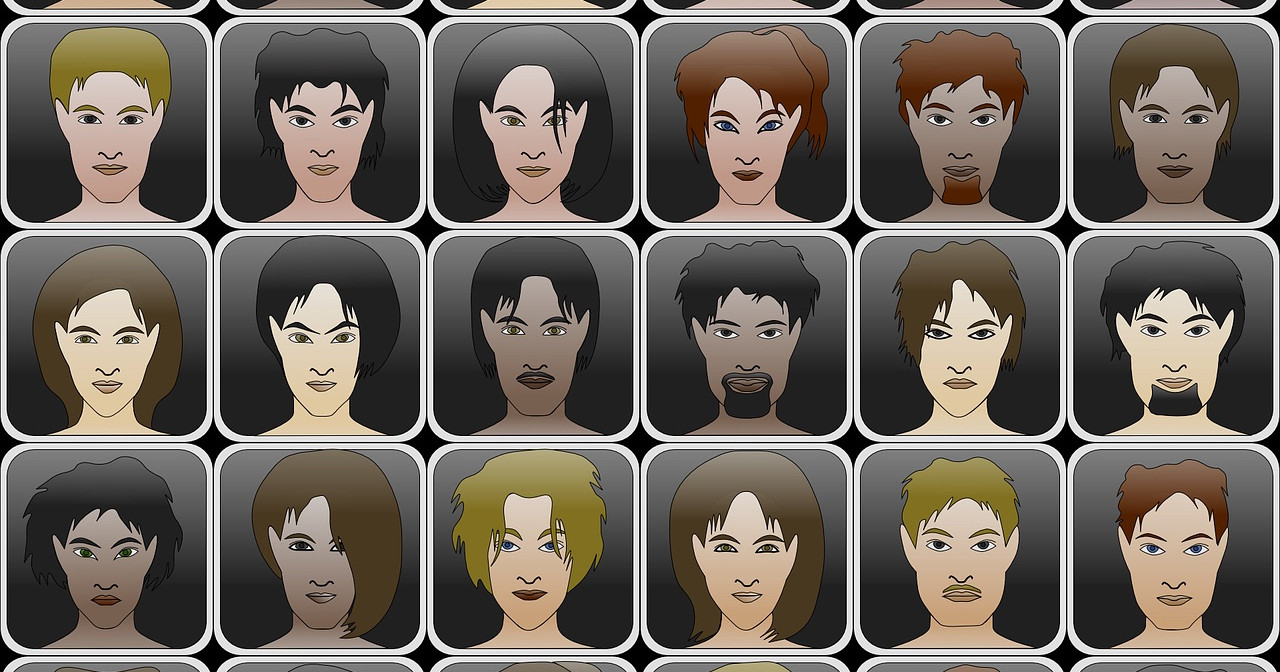
Are You a Super Recognizer? Take The Quiz Devised by Australian Researchers to Find Out30.11.2020
To date, not a single person given the test has ever managed to get the top score.
The disorder known as prosopagnosia renders those afflicted with it, including Brad Pitt and the protagonist of Oliver Sacks’ The Man Who Mistook His Wife for a Hat, unable to correctly recognize the faces of their friends or people who they have interacted with before. They do not suffer from any visual or memory impairments, their brains are simply unable to register any face. The disorder, which can be either congenital or acquired following brain damage, has long baffled researchers and cognitive scientists. It is also essentially impossible to treat—patients are encouraged to take note of distinctive traits that could be associated with a given person (eg. hats or outfits), but few can actually expect any meaningful outcomes.
On the other end of the spectrum are the super recognizers, whom psychologists from the University of New South Wales have been keeping an eye on for years. The UNSW researchers devised a brief, 20-minute-long test available online to anyone interested. The test begins with a set of pictures of strangers’ faces. Then, the test-taker has to arrange them in the correct order and do it by memory alone. That maximum score is 100 percent, but not a single person from the 50,000 that have taken the test since 2017 has ever managed to achieve a perfect score.
The majority of people taking the test, which was explained in great detail by its authors in an article they recently published with PLOS One, scored between 50 and 60 percent. Those who performed exceptionally well, however, are commonly referred to as super recognizers. “This is an excellent advance in the field of super-recognition research, and it provides a powerful new tool for the identification of individuals with superior face identification ability,” Strathclyde University’s David Robertson said in an interview with Scientific American. Similar sentiments were echoed by Kay Ritchie, an expert in cognitive psychology. “This test (…) will prove useful not just for our understanding of human face recognition ability, but also for appointing people to face-specific roles within various professions,” she added.
Super recognizers are also well-suited to working in archives and intelligence services. In fact, the the London Metropolitan Police established a special unit made up of face recognition specialists all the way back in 2015.
see also
- Shooting Heat. Peek Behind the Scenes of the Global Campaign for Theraflu
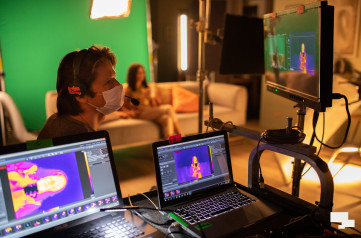 Papaya Films
Papaya FilmsNews
Shooting Heat. Peek Behind the Scenes of the Global Campaign for Theraflu
- Acid Rain: See Poland’s Potential Academy Award Contender
News
Acid Rain: See Poland’s Potential Academy Award Contender
- Julianne Moore in the trailer for Sebastián Lelio’s Latest Feature
News
Julianne Moore in the trailer for Sebastián Lelio’s Latest Feature
- Make Home Feel Like the Office. "The Sound of Colleagues" is Peak Home Office Experience

News
Make Home Feel Like the Office. "The Sound of Colleagues" is Peak Home Office Experience
discover playlists
-
Muzeum Van Gogha w 4K
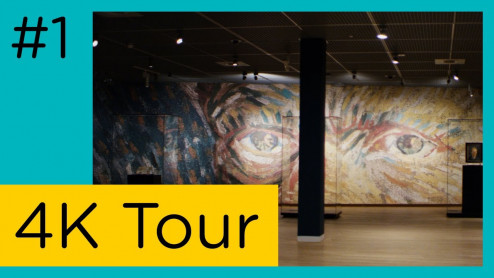 06
06Muzeum Van Gogha w 4K
-
Papaya Young Directors top 15
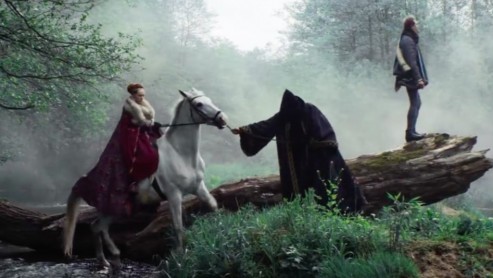 15
15Papaya Young Directors top 15
-
Papaya Films Presents Stories
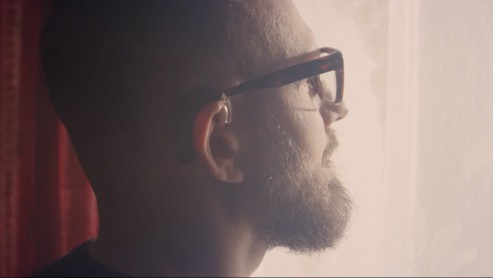 03
03Papaya Films Presents Stories
-
Original Series Season 1
 03
03Original Series Season 1
